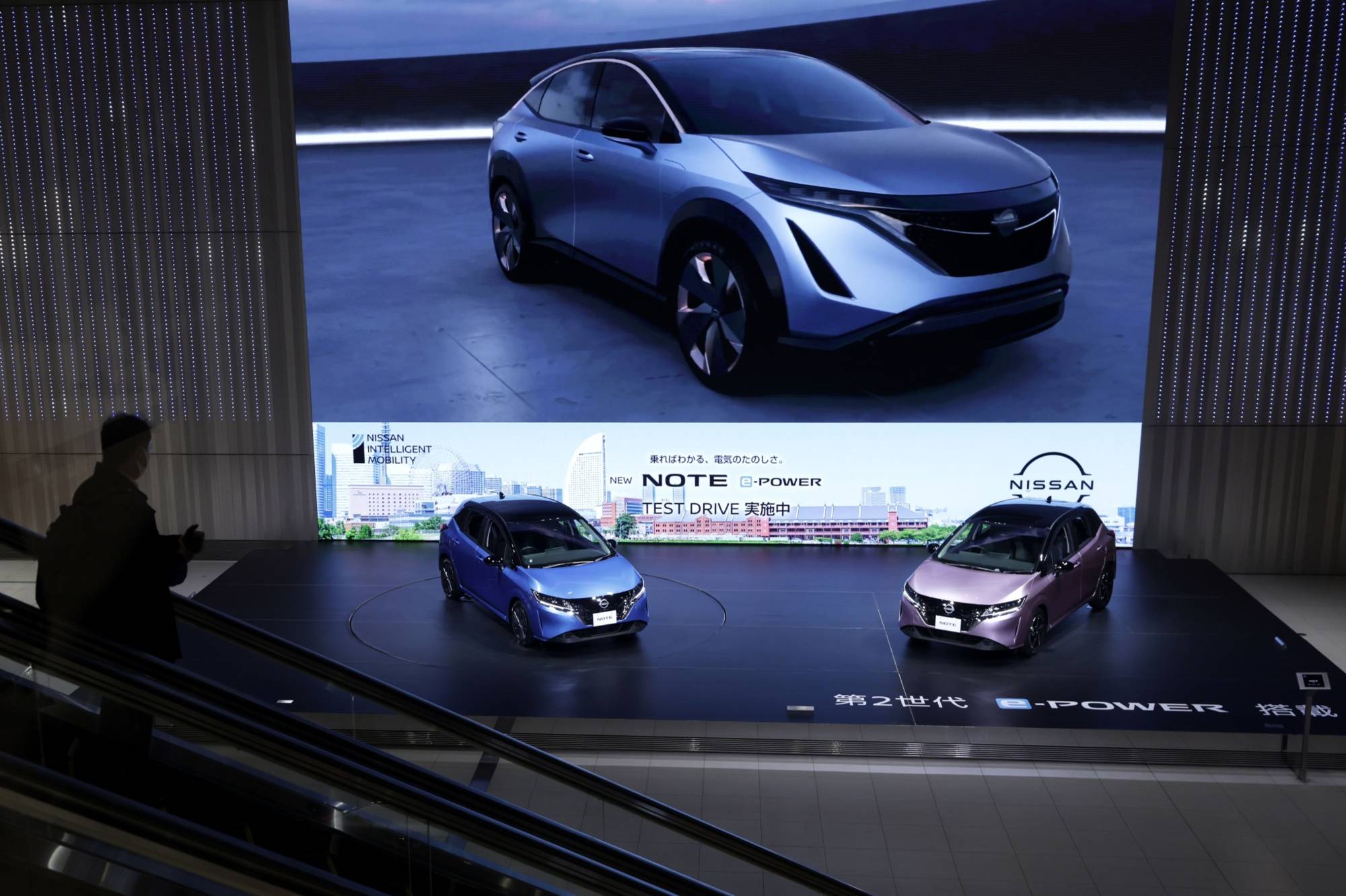After two years of faltering sales and fallout from the 2018 arrest of then-Chairman Carlos Ghosn, Nissan Motor Co.’s newly installed management is at another crossroads: how to get Japan’s second-largest automaker out of a rut and beyond the shadow of the disgraced executive who drove its strategy for decades.
It’s a tall order, particularly considering Nissan’s hefty pile of debt, around ¥8.3 trillion ($80 billion) — double what it had 10 years ago — lackluster showing in Europe, and U.K. factory supply chain woes.
Nissan is also facing unparalleled competition, especially in the realm of advanced autonomous driving. The automaker spends only about half of the ¥1 trillion that Toyota Motor Corp. outlays annually on research and development and carmakers in general lag behind capital-rich tech firms like Alphabet Inc., which has spent more than $1 billion on self-driving technology via subsidiary Waymo LLC.

















With your current subscription plan you can comment on stories. However, before writing your first comment, please create a display name in the Profile section of your subscriber account page.